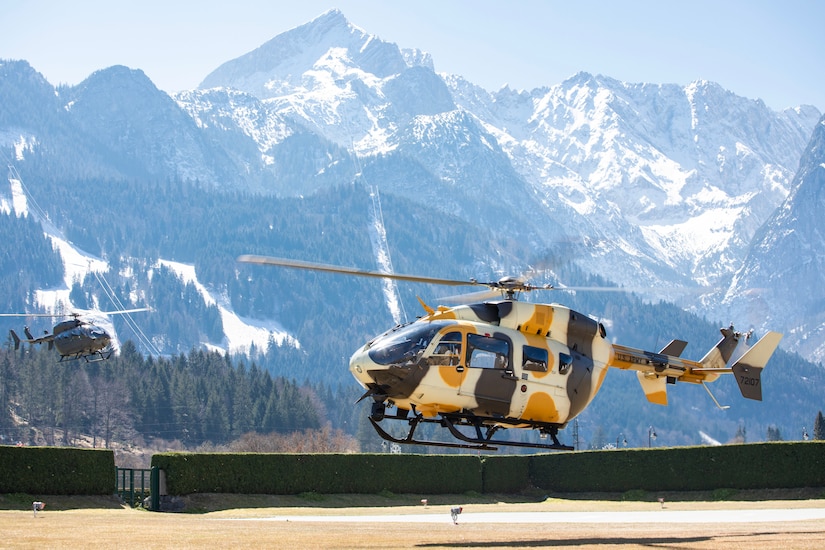April 14, 2020 | BY Jim Garamone , DOD News
The coronavirus sets its own timetable and does not respect
international boundaries, and it will
take an international effort to defeat the pandemic, NATO Secretary General
Jens Stoltenberg said.
The NATO leader will host a virtual meeting of the
alliance's defense ministers tomorrow. Defense Secretary Dr. Mark T. Esper will
join the meeting from his Pentagon office.
The only item on the agenda is the alliance's efforts
against COVID-19, Stoltenberg said today in a virtual news conference from
Brussels.
"The COVID-19 pandemic continues to affect us
all," he said. "Even though we have seen that the rate of increase is
slowing down in some countries, the illness continues to take a terrible
toll."
The secretary general expressed his condolences to those who
have lost family and friends and praised health workers who are on the front
lines of the fight against the pandemic.
The ministers will review the actions NATO allies are taking
to combat the spread of the virus and decide on the next steps. "We will
also address how to maintain NATO's deterrence and defense and sustain our
missions and operations throughout the pandemic," the secretary general
said.
The alliance responded quickly to the pandemic by
implementing preventive measures, assuring the continuation of operations and
assisting allies in combating the virus, he said.
Air Force Gen. Tod D. Wolters, NATO's supreme allied
commander for Europe and commander of U.S. European Command, has set up a task
force to share resources and speed up military support to allies in response to
the pandemic.
"NATO allies are cooperating to airlift critical
supplies from across the globe," the secretary general said.
"Hundreds of tons of medical equipment have been donated and delivered.
Allies are sharing medical expertise and spare hospital capacity."
The support that the Czech Republic, Hungary, the
Netherlands, Norway, Slovenia, Turkey and the United States have provided to
the alliance's newest member: North Macedonia, is evidence that the alliance is
more than a singularly focused military entity, Stoltenberg said.
The NATO disaster response center has facilitated Denmark's
delivery of ventilators and a field hospital to Italy and Germany's delivery of
ventilators to Spain, he said, adding that Turkey has delivered medical
supplies to allies and partners across the Balkans and to hard-hit Italy and
Spain.
"Allied armed forces are also providing essential
support to civilian responses in our nations, including with logistics and
planning, field hospitals and hospital ships, transport for patients,
repatriation of citizens abroad, and the disinfection of public areas and at
border crossings," Stoltenberg said.
The coronavirus crisis has far-reaching consequences for how
the nations of the alliance and NATO as an entity think about security and
national resilience, he said.
"We have seen state and nonstate actors try to take
advantage of the pandemic to spread false and harmful narratives and to try to
divide us," the secretary general said. "So allies need to work
closely together to identify, monitor and expose these efforts. An open and
transparent press is the best bulwark against disinformation and
propaganda."
All this builds on NATO's core task of preserving security
to almost 1 billion citizens in the North Atlantic region, he said. "We
must continue to work hard to ensure that this health crisis does not become a
security crisis and that we are better prepared when the next crisis
comes," he added.

No comments:
Post a Comment